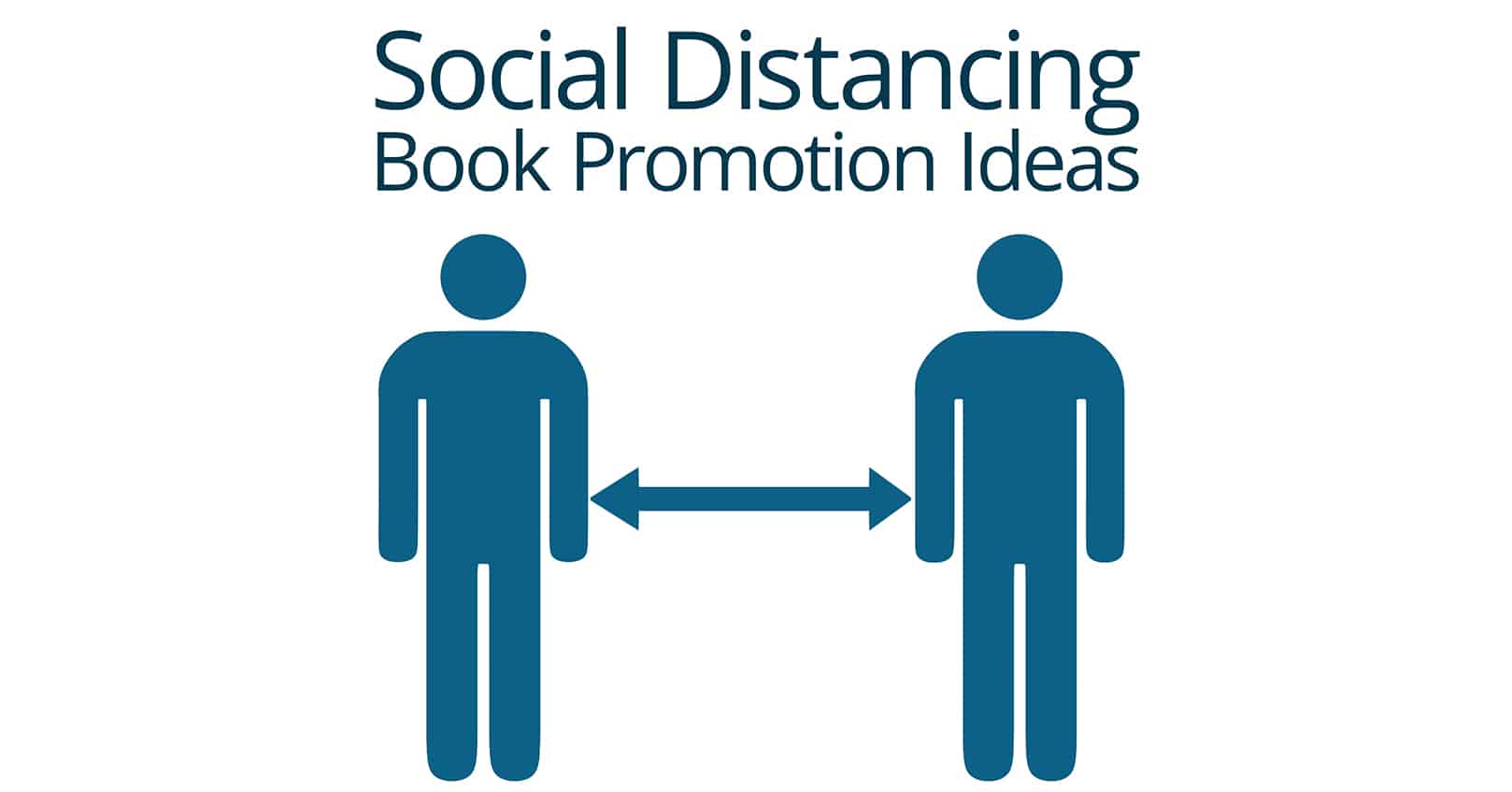
Since 2009 I’ve had 20 different day jobs. After I graduated college during the US economic crash in 2008, I couldn’t find work that matched my Sociology degree, so I took whatever I could get to pay the bills. During those early years, writing was my escape from the stresses of paying my mortgage and my student loans.
I am an extremely introverted person; I am not ambitious or aggressive in the workplace. I have no desire to manage or supervise people or be an entrepreneur. I want to be a writer, I want to tell stories that both entertain and show people that adversity can be overcome. Writing has always been more than a hobby for me, more than a passion.
But I need a day job to bring in consistent income. Today, many indie authors can support themselves on their writing; I look at them as heroes and envy all the success stories that fly around on YouTube and X. I would love nothing more than to make writing my full-time focus and career, but my debt is too big and scary to take that leap. So I have a day job to support my writing and self-publishing endeavors.
I have a very understanding, supportive family. Everyone (mostly) has gotten used to the idea that I will never have a “career” with a corner office or a regular 9 to 5 schedule with a 401k and holidays off. But I was raised with, dunked into, and saturated with the idea that success equals a good job. And anything less than a six figure salary does not a good job make. So I have a hard time justifying why I “settle” for a “menial” or “entry level” day job even when I explain to them and to myself that I am a writer first and foremost. My corner office is in the library where I try to write five times a week.
Day jobs do their job, they pay my bills, but carving out time in my day to write is a constant struggle. Like the overused cliché of a salmon swimming upstream, I muscle through the day so I can go home, or to my library corner office, and reach my daily word count. Some days are easier than others.
Depending on where I live (I move around every couple of years) finding a day job that allows me the time to write yields mixed results.
So far, the day job that best supported my writing was in retail. It didn’t pay much, my supervisors were insulting, and my customers were an endless source of frustration. But at the end of the day I could leave my radio in my locker and my work day at the door, and I could go home and write my little heart out.
The problem with retail, aside from the obvious, was that when I made the decision to be a professional writer with a day job, I didn’t make enough money to pay my bills and buy professional book covers or a new computer when mine finally died. That was when I turned to the medical field for help. I went back to school and got certified. Then I got a job, my first career-like, decent paying job since I graduated college. I thought, “This is it! I can do this and write!”
In my previous home in Alabama, I had stable income as a phlebotomist and medical assistant. I could buy all the book covers and concept art and advertising I wanted. But I also spent 8 hours in a windowless office and my days were sometimes so full of work related stress that when I got home I was lucky if I could shower and eat before collapsing into my bed.
My writing stalled. My depression flared up. Not the win-win situation I was hoping for. In a perfect world, I would be able to deal with the negatives of the day job and carry my stress with enough grace and poise to also write. But sometimes you lose sight of how to be good to yourself and what really matters to you. Worn down by the daily grind, sometimes you just have to grit your teeth and put up with the job stress until you find something better.
I probably spent a good 75% of my time working and trying to find a better job that would let me carve out more time for writing. And take care of basic things like laundry, the dishes, dental visits, etc. The 25% that was left over for actually writing wasn’t enough to do what I really wanted to do.
What I’ve learned so far is this: balance and prioritizing are key. So this year, after I moved back home to Arkansas, while looking for my next day job, I compiled a checklist.
- No unnecessary suffering. Here’s the thing about work drama: there’s drama you can stand and drama you can’t stand. There’s the customer who throws a fit and then goes away and then there’s the supervisor who tries to slap your butt when he thinks no one is looking. (Side note: If you ever feel uncomfortable at work or like your job is damaging you, consider looking for alternatives, whether that means finding another job or talking to someone in Human Resources or Legal. I know it’s tough when your financial security is in jeopardy—I’ve been there—but no job is worth putting up with abuse.)
- Location, Location, Location. I will go anywhere for the perfect job, but I’m not driving into the next town for an average wage. Commutes cut into writing time. Gas costs money.
- Good schedule. A lot of day jobs have rotating schedules, day shift one week, night shift the next. I’m a night person so I don’t mind being at work late, but I personally find that I write more consistently when I have a shift that’s set in stone. But I can’t guarantee that I will find a job like that, so the key isn’t necessarily finding a job with “perfect” hours but asking yourself the question: If I work 3 nights a week, can I write in the morning? If I work a night shift and then a day shift back-to-back, do I need to adjust my word count to make up for a day of not writing?
- Can I leave it at the door? I tell every prospective employer at every interview that I try my very best not to bring my personal problems with me to work. We’re all human and we all have bad days, but when I’m at work I want to be there to work, not feed my inner demons or re-live an argument with my husband. The same thing applies to when I leave work because work belongs at work, not at home. The last thing I want is to A) be miserable at home and B) allow my work to overwhelm me or take all of my brain energy so that I am unable to write.
- Do I have time to write? One of my teachers told me I needed to find a job that would give me time to write. I’ve held on to that piece of advice through the years. If the day job is going to consume everything I am, it isn’t a day job anymore, it’s something that could be very good or very bad depending on the situation. If I find a day job that turns into a career that I absolutely love, I am happy to explore the possibility of not writing. But I haven’t found that job yet. Usually when a day job sucks away all my time and energy, I know it’s time to leave that job and find something less demanding.
I am a writer with a day job. Writing takes priority, but the bills are just as important. I don’t have a 401k or any savings, and most of the time I live from paycheck to paycheck, but I’m doing what I love to do and that’s all I can ask for.
















Thank you for writing this article, Jessica. It is very inspiring. I too am an author with a day job and I can completely relate to your post.
I was basically thrown into this career fourteen years ago when I was a senior in high school who had no job yet. My mother and aunt pulled strings and helped me get my first job, then my second job. By happenstance I got a license that allowed me to advance in this career or I’d still be making a middling amount of money.
But like you, writing is my passion. It’s the only thing I WANT to do as a career – but it doesn’t pay the bills yet. I have a wife and two kids and a house and vehicles and mountains of debt. Maybe one day, when the kids are older and I’m out of debt, I could take the leap to full-time writer while my wife continues to work as a nurse with medical benefits, but right now I toil away in stolen moments while struggling with video game addiction and depression-fueled procrastination.
Thanks so much for this article. It’s lovely to know that there are other people who have similar struggles to my own. I have struggled a lot with finding a stable career, even with two degrees in one field, and also had parents who taught me that career matters more than anything. I’ve had the worst luck with trying to get a decent job, and I’ve come to think of it as some sort of sign that I’m meant to put writing and my family first. I do have a lot of drive and ambition, but at the end of the day my love for my family and for writing is the most consistent and sustainable thing for me. The more I accept that my day job doesn’t matter, the more at peace and happy I feel! Then I’m able to throw all my energy into taking care of my family and my writing projects.
Oh, Jessica. This was for me. I also have a job that pays the bills while I work. It is only 3 days a week, but I would love nothing more than to be able to support my family through my writing. May I ask what is your goal for daily word count? Thanks for the encouragement! As I stated before, this was for me. Thank you for sharing!